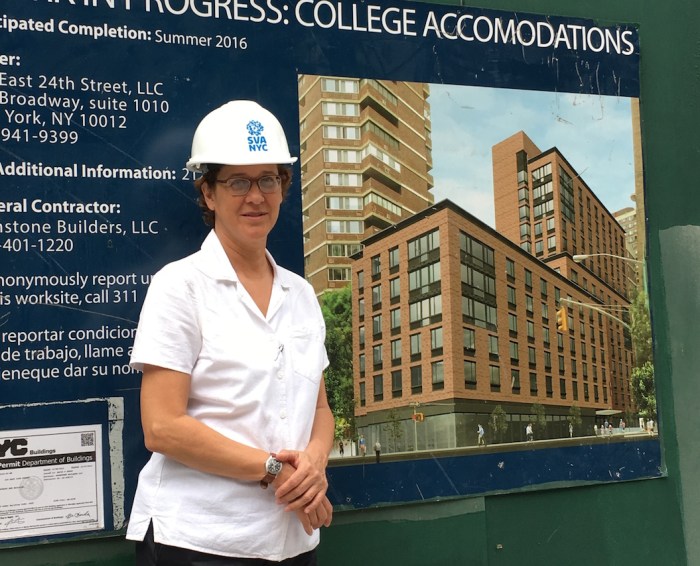According to the Centers for Disease Control and Prevention, prostate cancer is the most common nonskin cancer among American men. A study published last week in the New England Journal of Medicine revealed encouraging news: Researchers found no difference in the death rate between patients who chose early treatment such as radiation or surgery, and those who chose “active monitoring” and opted for treatment only if the disease progressed. But it also found cancer was more likely to spread in men who opted for monitoring. Doctors say the results will help them better inform patients.
Dr. Freddie C. Hamdy, one of the study’s leaders, told The New York Times: “I can counsel patients better now. I can tell them very precisely, ‘Look, your risk of dying from cancer is very, very small. If you receive treatment you will get some benefit. It will reduce the disease from growing outside your prostate, but these are exactly the side effects you might expect.’” September is National Prostate Cancer Awareness Month. We talked to Dr. Ash Tewari, chairman of the urology department at Mount Sinai Health System, about the risks and treatments, and the importance of screenings. Who’s at risk for prostate cancer?
Any men more than 45 years of age is at risk for prostate cancer. Positive family history increases the risk. African-Americans are also at greater risk; inflammation is often a culprit.
What are the symptoms?
There are no symptoms during earlier stages. In the later stages, urinary blockade, blood in urine and bone pain.
When should screening start?
Shared early detection should start at 50 years of age. … Discussions about potential side effects and overtreatment and overdiagnosis are also important.
How can you lower your risk?
Eating healthy and exercising are important tools. Keeping a proactive attitude is also important.
How is prostate cancer treated?
Treatment depends upon the stage. Very early cancer is best observed by active surveillance. Early cancer could be observed or treated by radiation, surgery or focal therapy. Advanced cancers need multimodality treatments. What is the outlook if cancer is caught early?
Very promising.
Ask Mount Sinai: What you need to know about prostate cancer

















